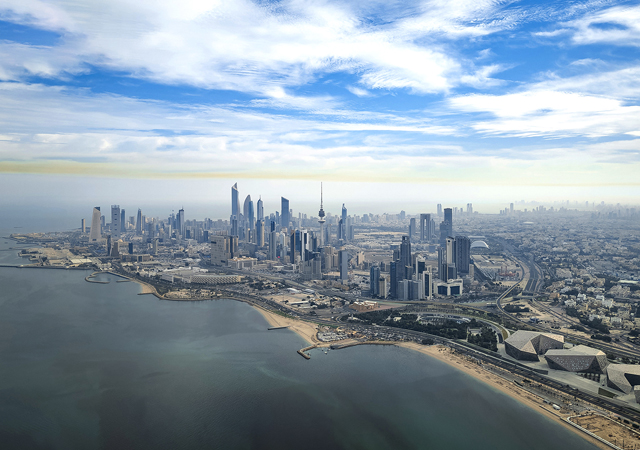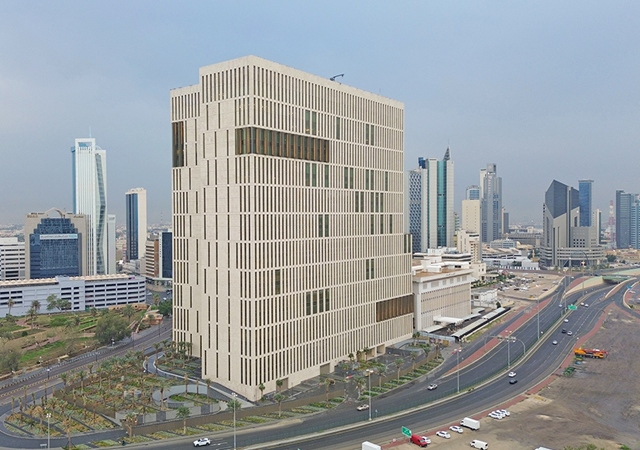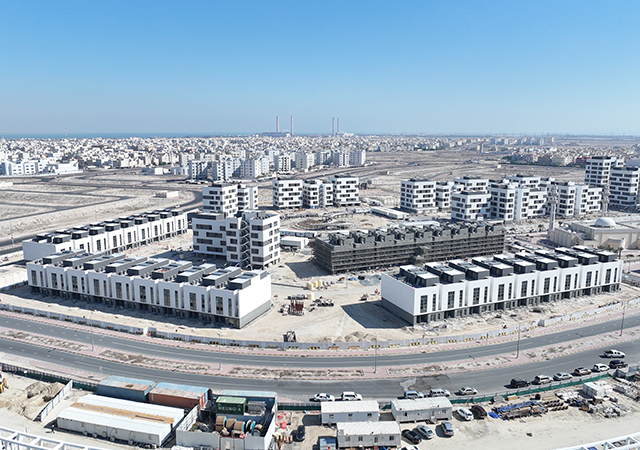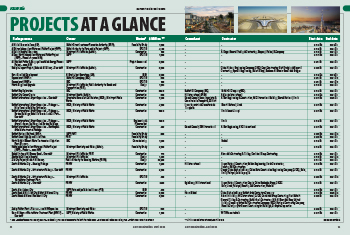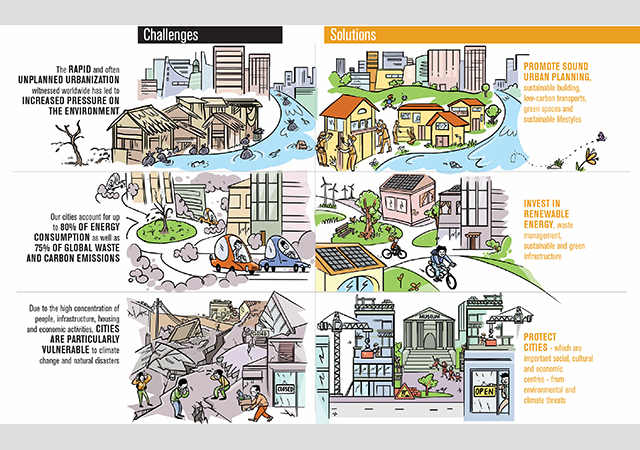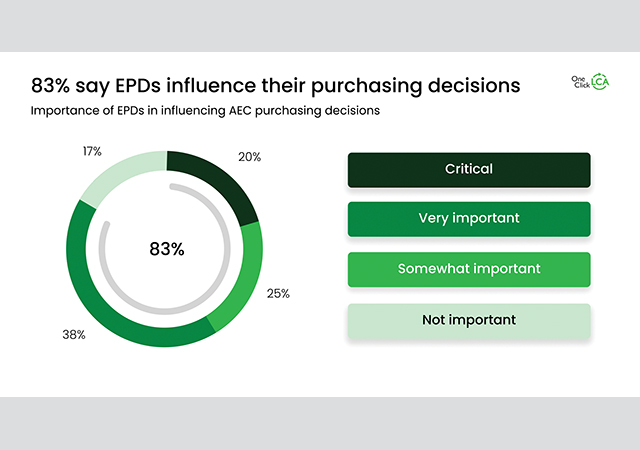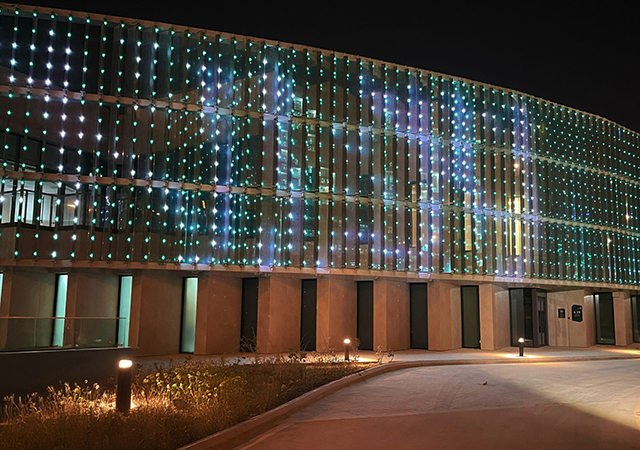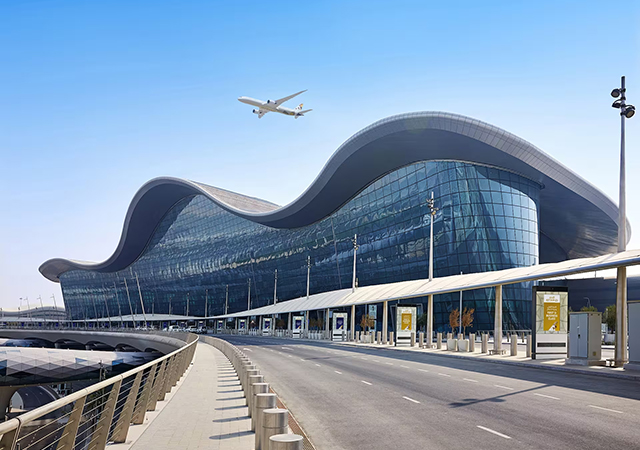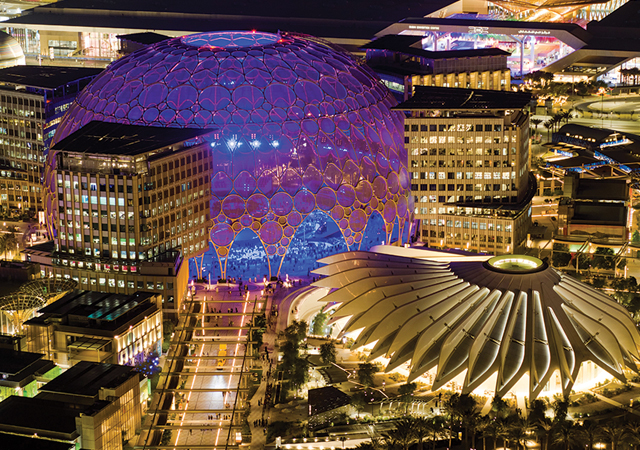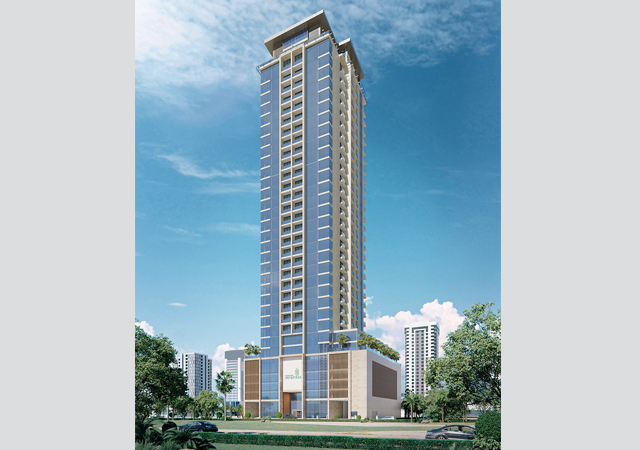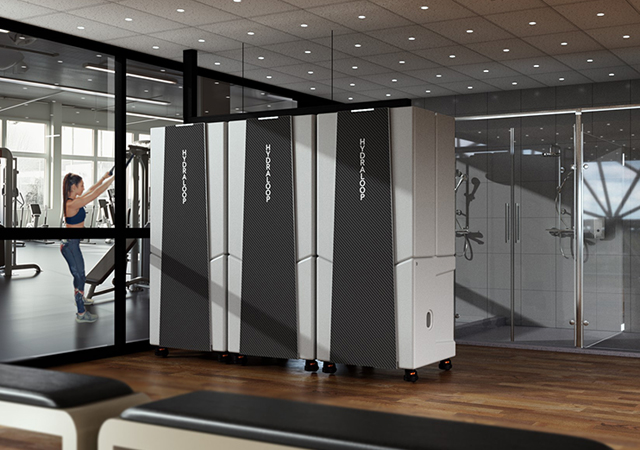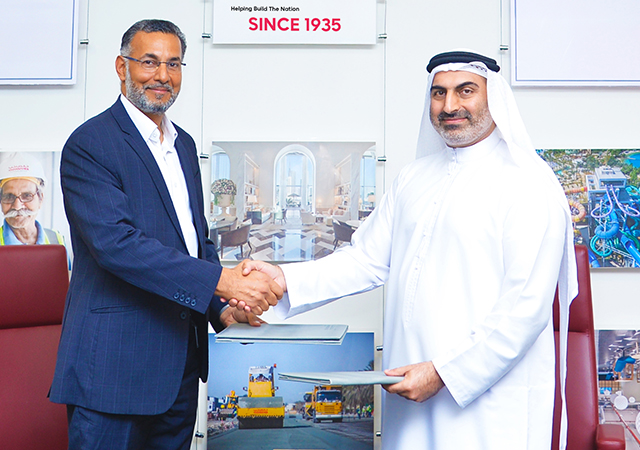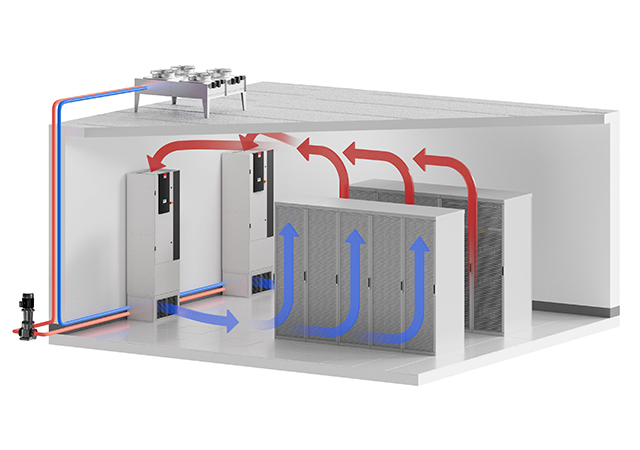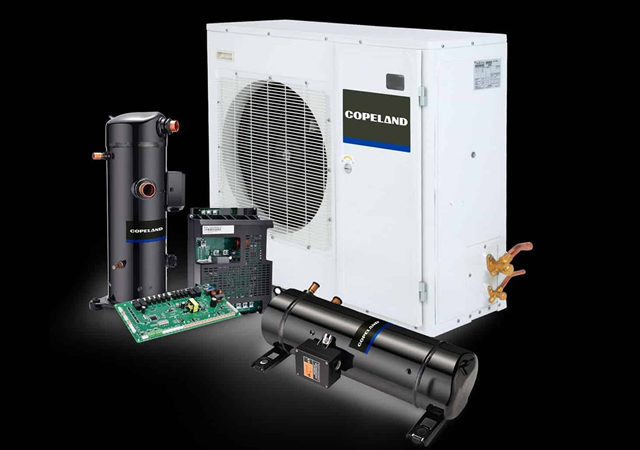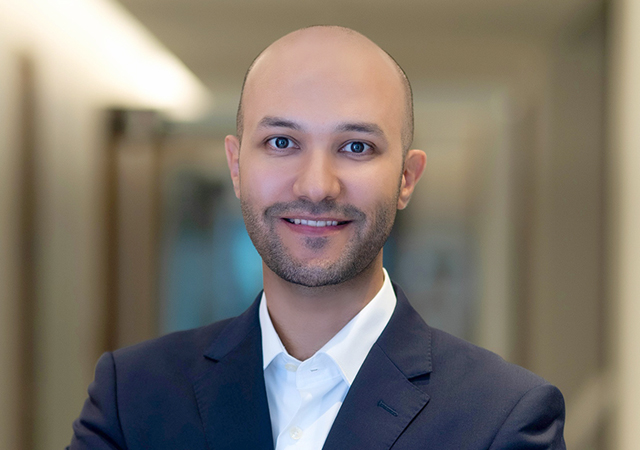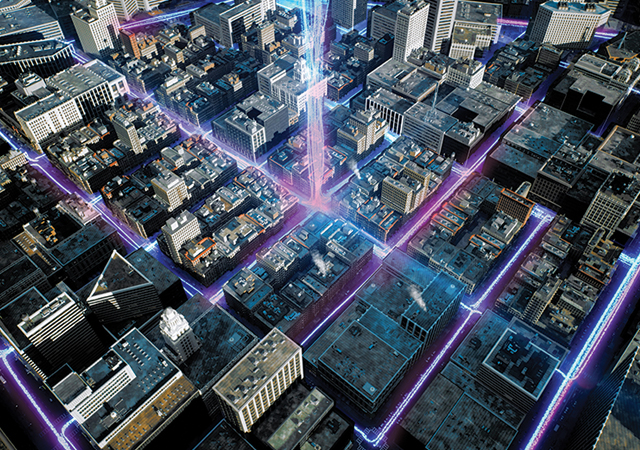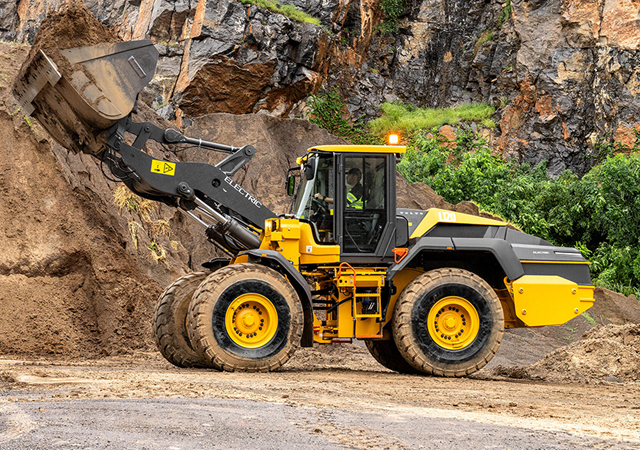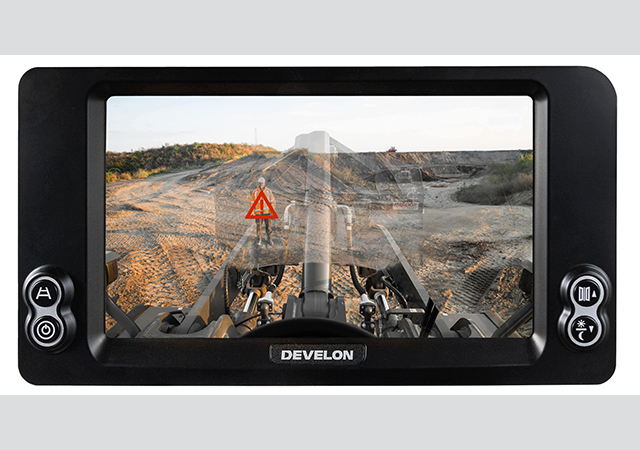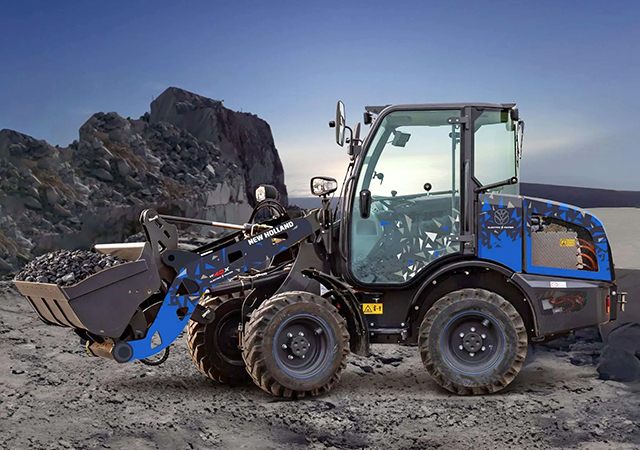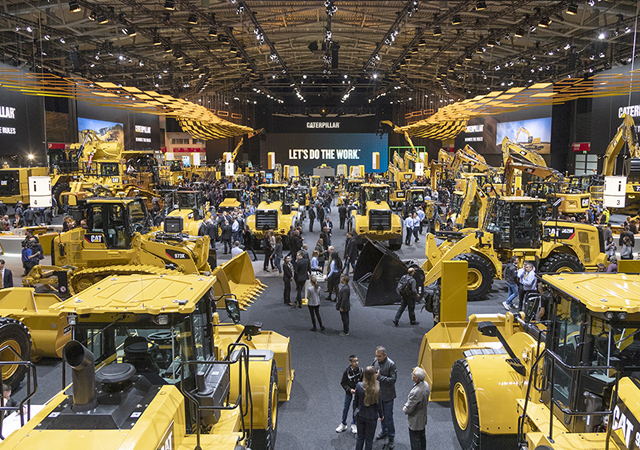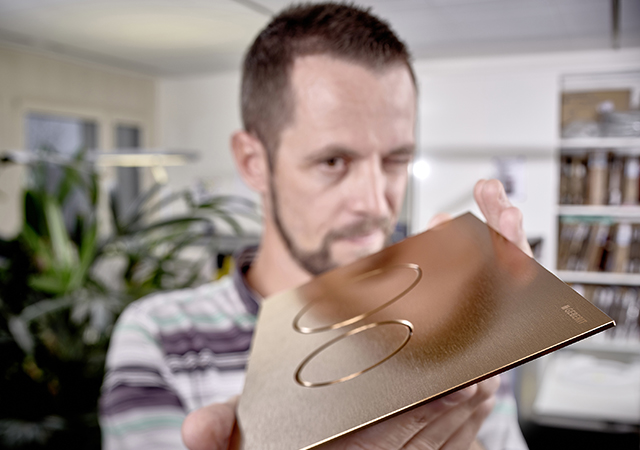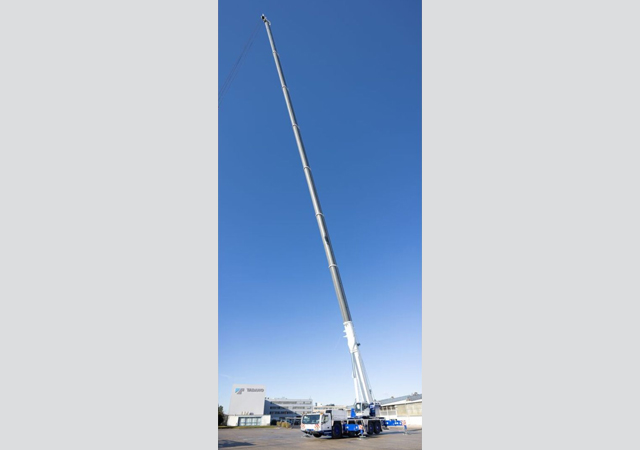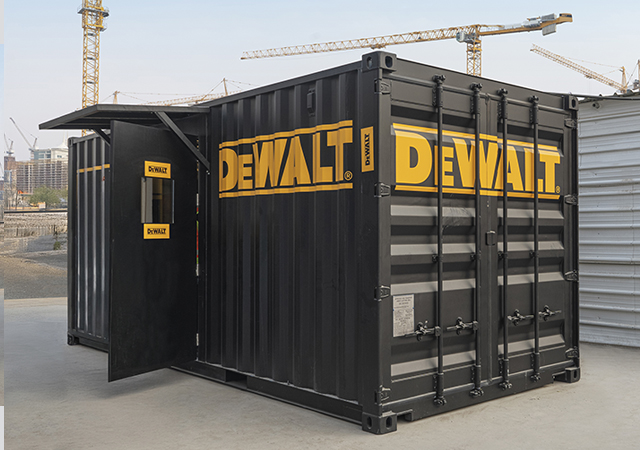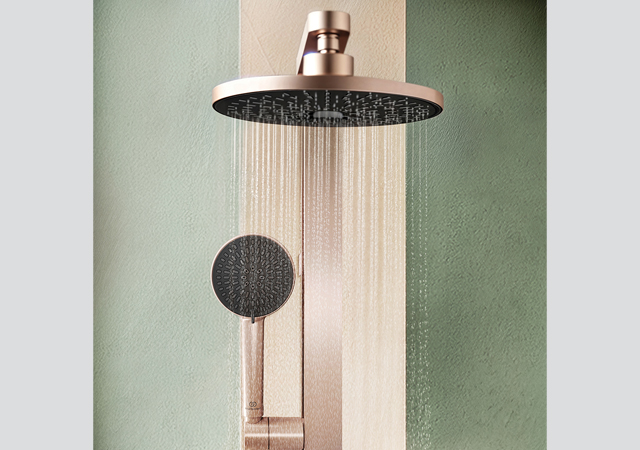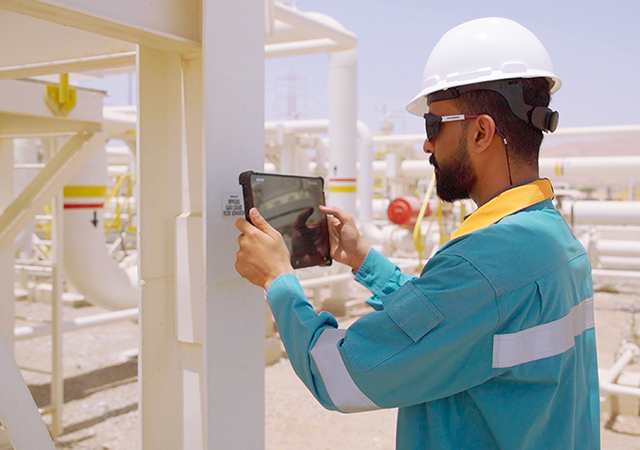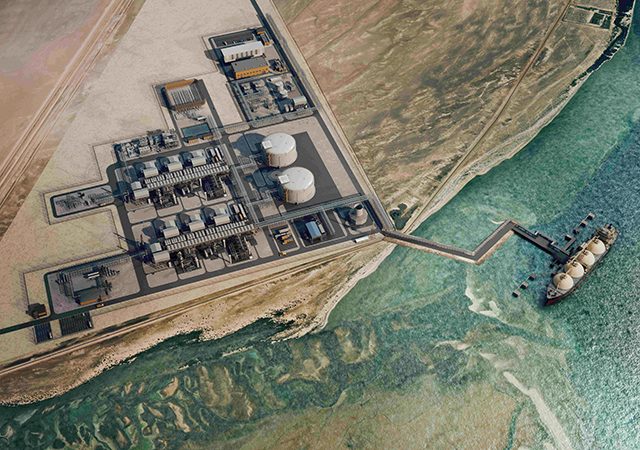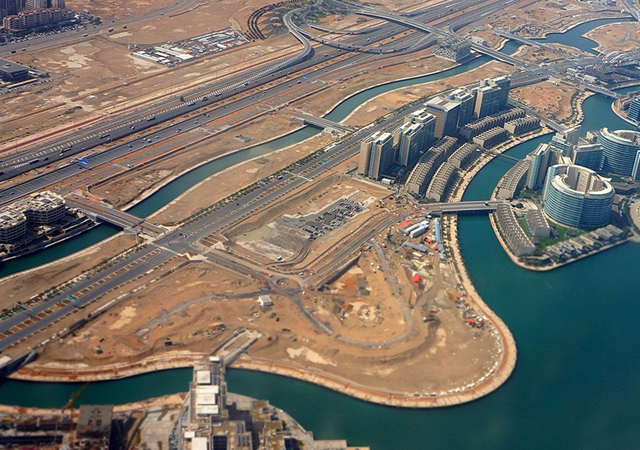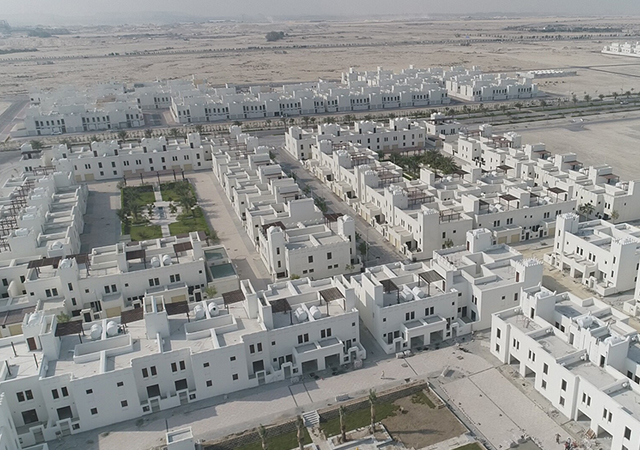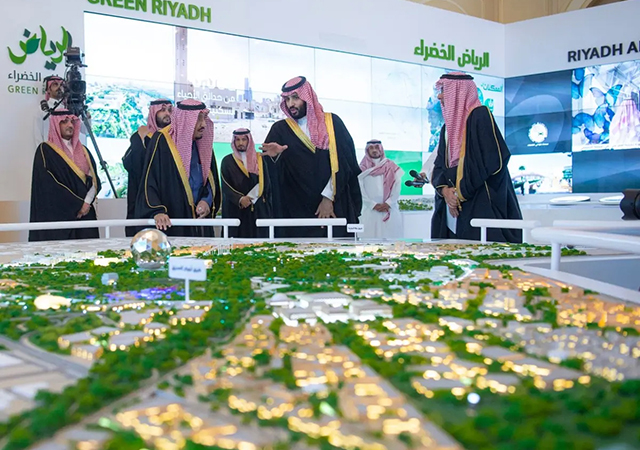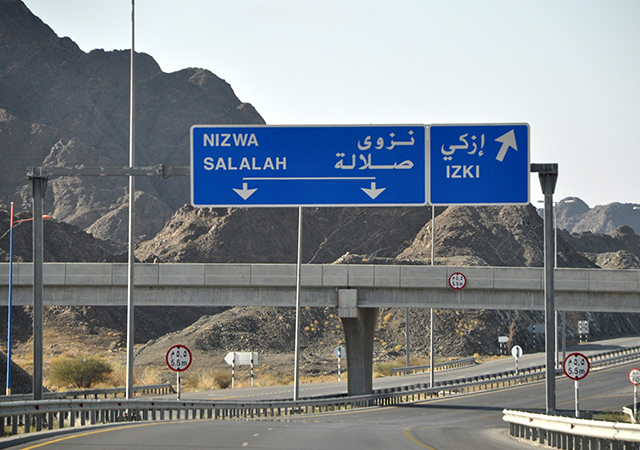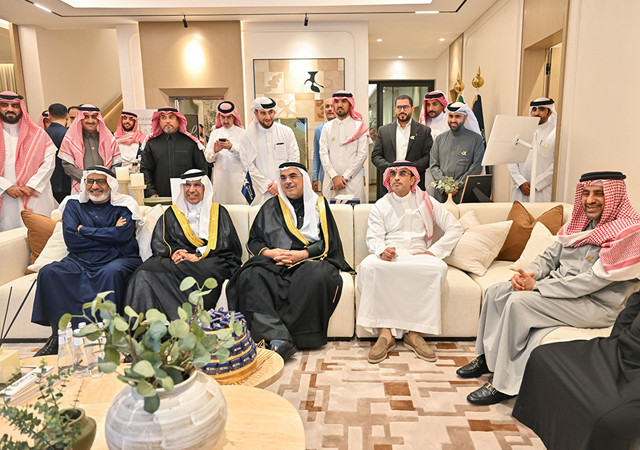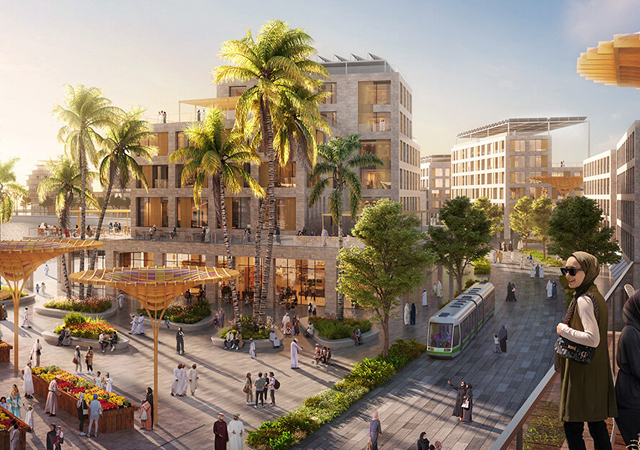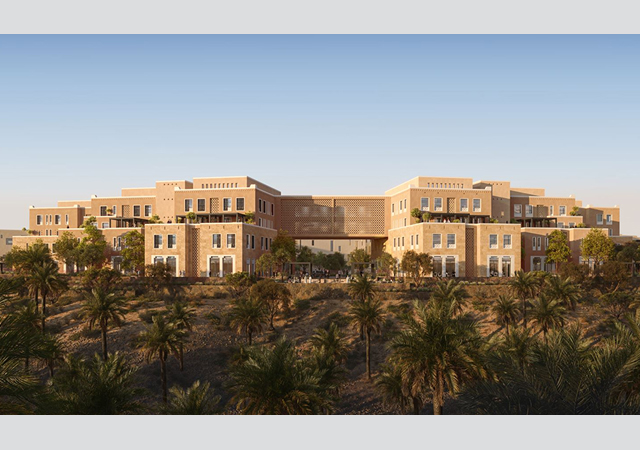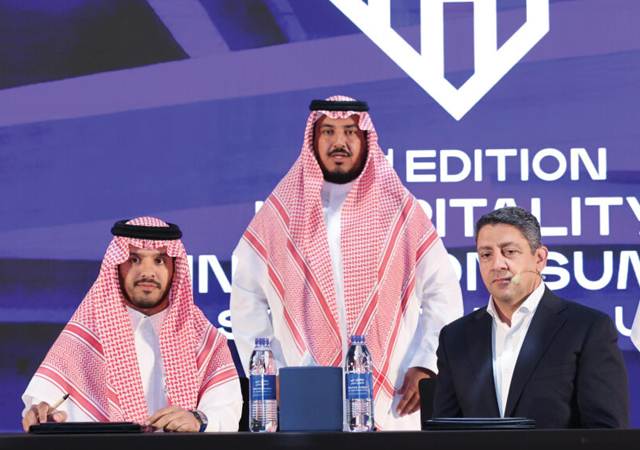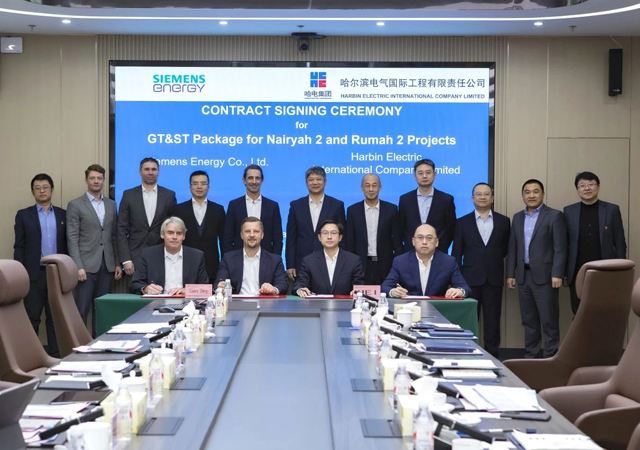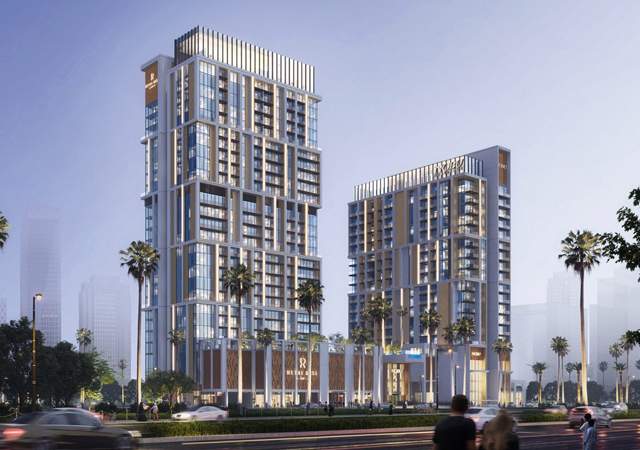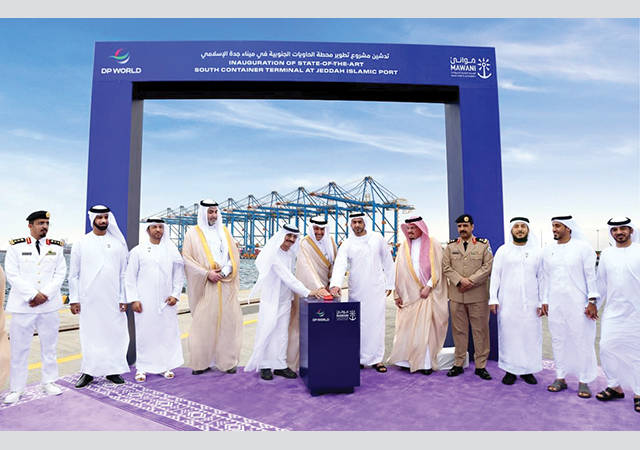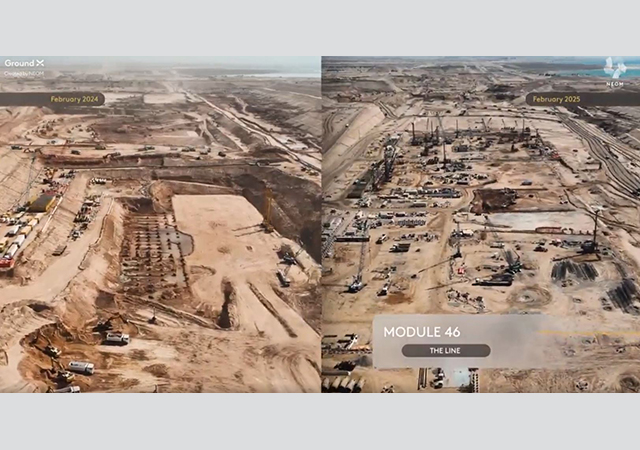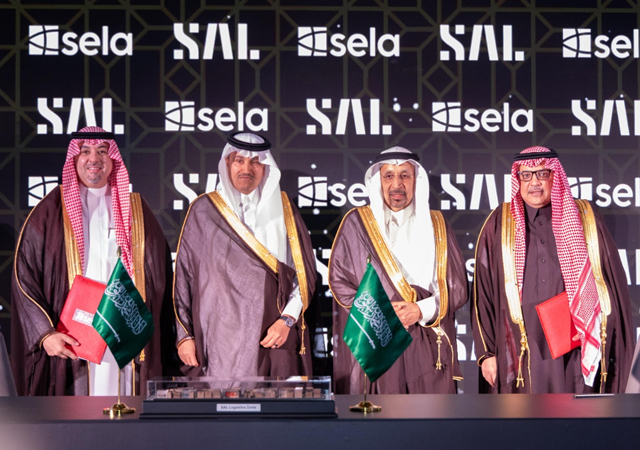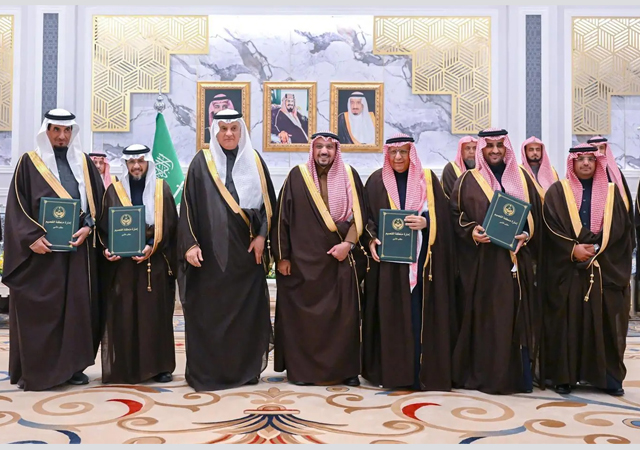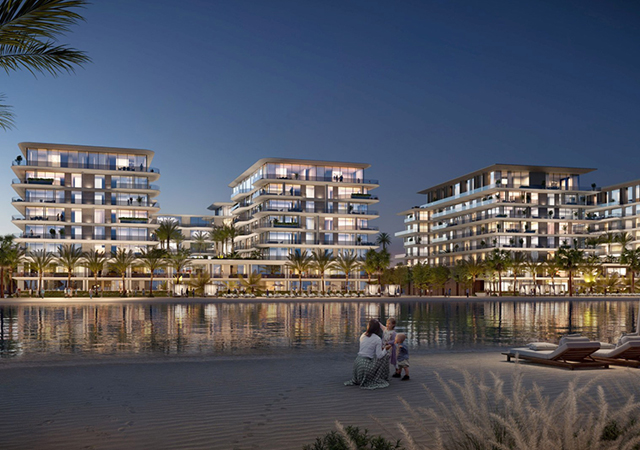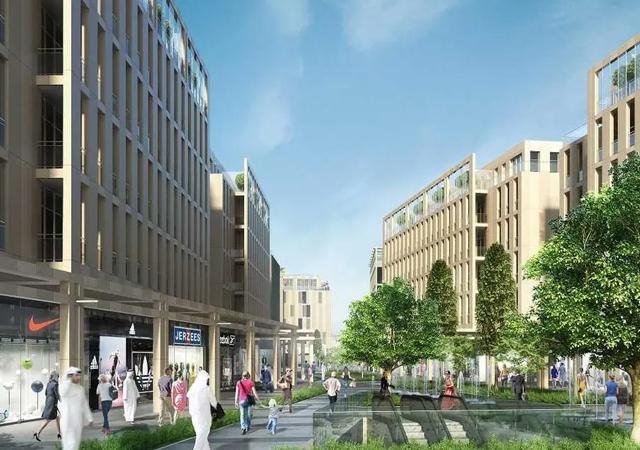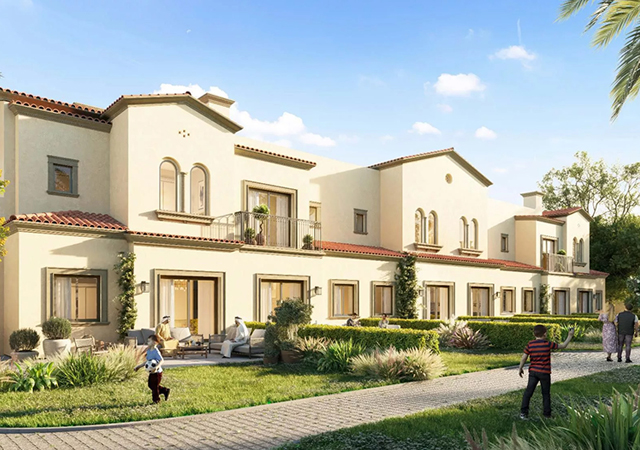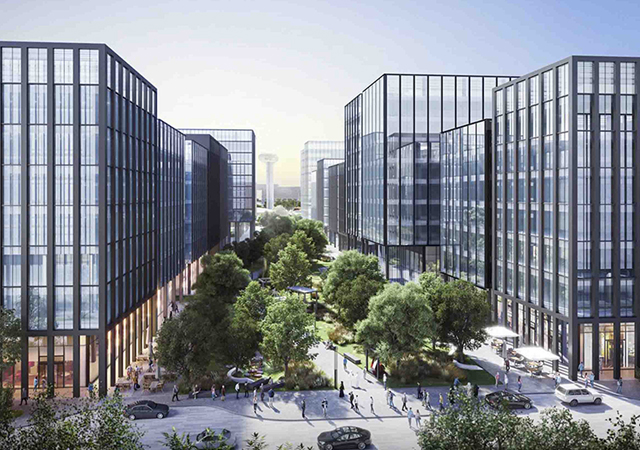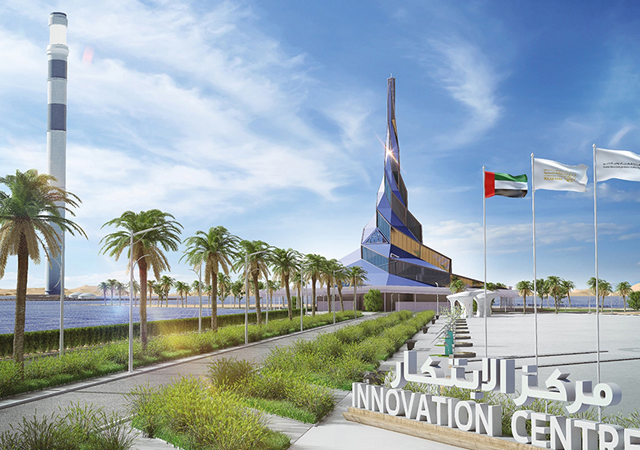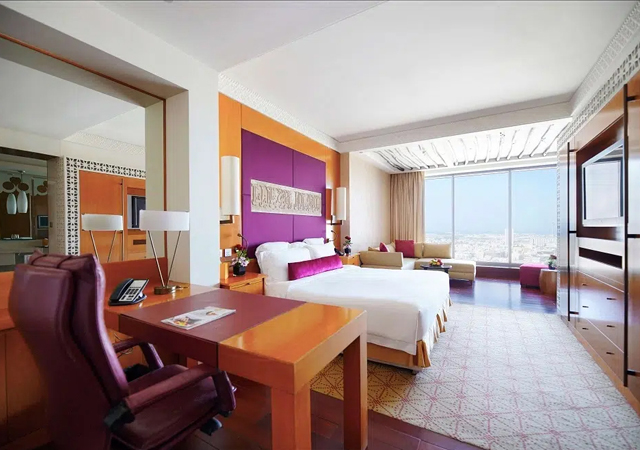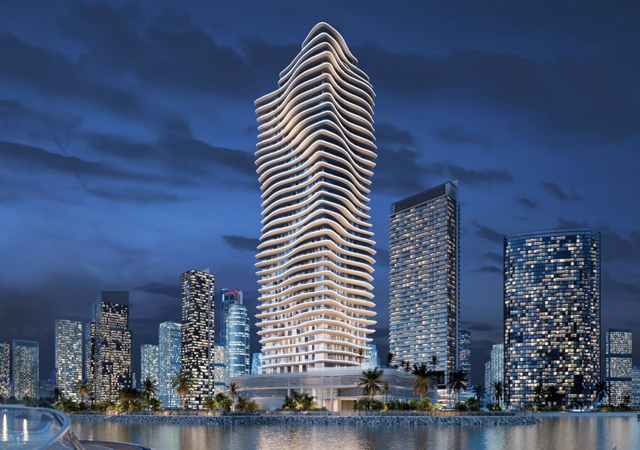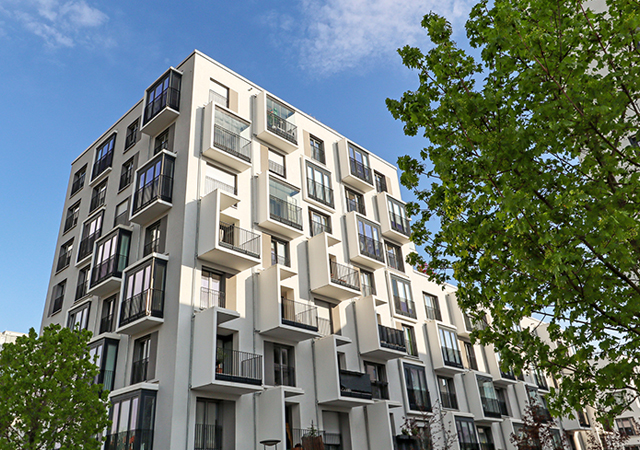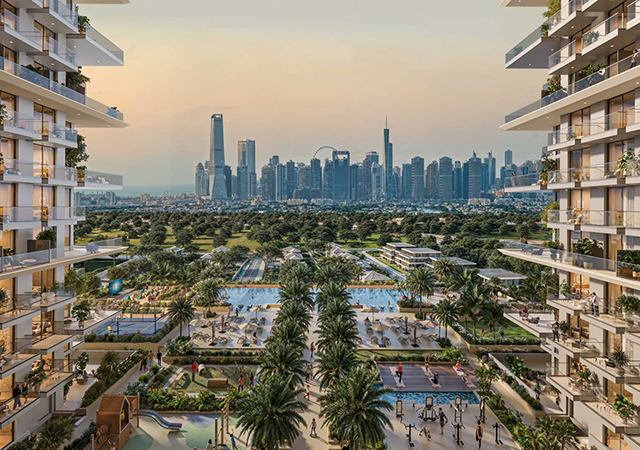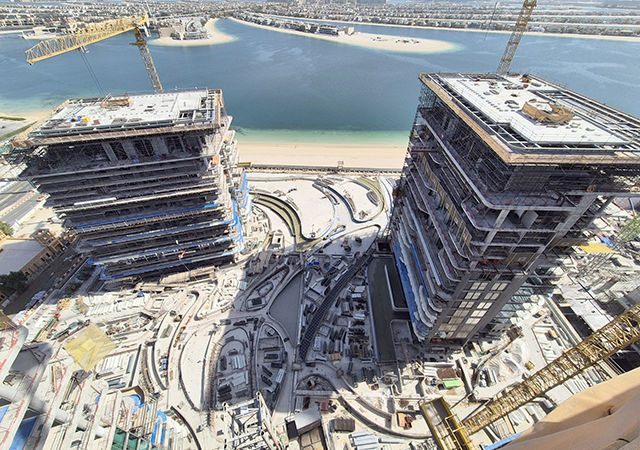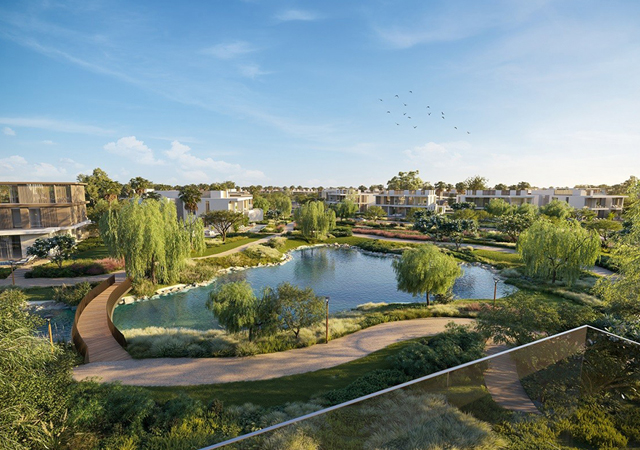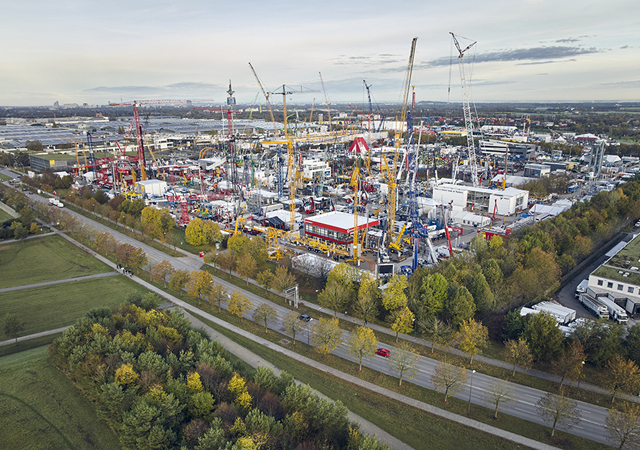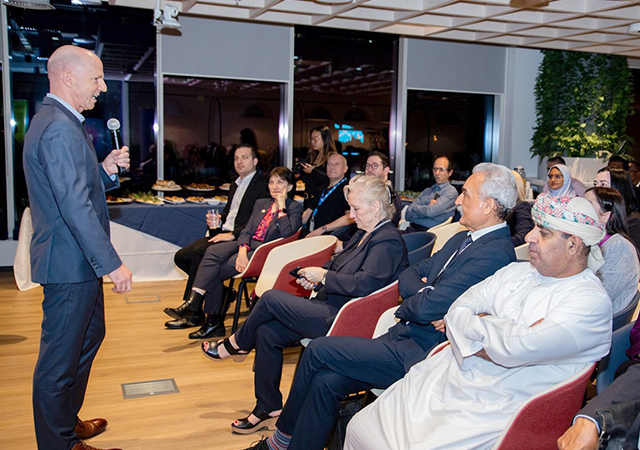
 Ramchandani and Manuel on site.
Ramchandani and Manuel on site.
BASF Construction Chemicals says its recently-launched Sewerage, Oil and Gas, and Industrial Coatings (Sogic) range has received a “tremendous” response from the UAE market.
The first major contract to be awarded to the company, recognising the range’s superior capabilities, has come for the new Dh227 million ($61.85 million) Al Saja’a sewage treatment plant (STP) in Sharjah. This contract was won against stiff competition.
The project comprises four phases, each of which will treat 15,000 cu m per day, bringing the total capacity of the plant to 60,000 cu m per day. The first and second phases will see the design and building of the initial tanker discharge facilities and the STP. The third and fourth phases are scheduled for 2011.
David Manuel, business segment manager for the Sogic range at BASF, points out that the UAE currently has STP projects worth in excess of $2.8 billion while Saudi Arabia has announced a $17-billion initiative to improve its STP and waste water treatment plants (WWTP) over the next five years.
Durability is a primary requirement in the construction of any new infrastructure. A key challenge in the development of any STP facility is protecting the steel and concrete structures from the corrosive environment.
“On the Al Saja’a project, consultant Halcrow thus put stringent specifications in place for the protection of all concrete structures in direct contact with sewage, including floors and walls,” says Manuel.
The requirements were for the use of a 3-mm polyurethane lining (Durathane 100EA), 6-mm GRP in-situ lamination and normal epoxy coatings of various thicknesses (1 mm and 500 microns) in specific areas, with anti-slip in wet areas. Epoxy floor coatings and specialised external wall finishes were also specified.
“BASF Construction Chemicals was able to offer a complete system from its range – including primer, filler and topcoat – a solution that surpassed the functional requirements of the specification, offered flexibility and met the tight budgetary constraints,” he points out.
The Sogic range includes Masterseal BC 1820 system, an amine-cured epoxy Novolac system, which is a non-toxic highly cross-linked 100-per-cent-solids epoxy coating with exceptional chemical resistance that cures even at 0 deg C. It is widely used as a lining to protect concrete and steel in waste water treatment and petrochemical industries.
The range includes Masterseal SP 120 PF and Mastertop 1205.
Masterseal SP 120 PF, an amine-cured pitch-free epoxy, is a solvent-free, highly chemical-resistant non-carcinogenic coating. Smooth and glossy in appearance, this heavy-duty protective, waterproof and flexible coating is widely used in the sewerage and waste water industry as well as other aggressive immersion conditions on cementitious and metal substrates for the lining of tanks, pipes and ducting, coating concrete, asbestos cement, steel pipes and non-ferrous metals.
Mastertop 1205, a pigmented, solvent-free, high-build epoxy floor coating system, is designed to offer seamless, durable floor protection at applied thicknesses between 0.2 mm and 0.5 mm. With the addition of slip-resistant aggregates between coats, anti-slip resistant applications can be achieved in system build-up thicknesses between 0.5 mm and 2 mm. It exhibits excellent wear, abrasion and chemical resistance and provides impermeable protection against common oils, greases and lubricants, according to Manuel.
“We go out of our way to understand project requirements and provide correct and innovative product recommendations that are comprehensive and complete, which has contributed to our success. Our aim is to not only meet engineering requirements but add value, increasing the lifespan of structures and lowering maintenance costs,” he says.
“The contractor wanted a concrete protection system for sewage conditions, offering high chemical resistance towards hydrogen sulphide and sulphuric acid. Masterseal 1820 offers long-term resistance to 98 per cent sulphuric acid under immersion conditions. It’s a fast-setting GRP lining system with very high impermeability (osmosis resistance), unlike standard unsaturated polyester GRP systems. It also offers superior chemical resistance over polyesters, vinyl esters and our competitor’s Novolac systems,” he says.
Monish Ramchandani, key account manager at BASF, says there were a number of challenges to be addressed on the project.
“The budget was very tight, so the contractor had considered the use of normal epoxy systems rather than Novolac epoxy systems. BASF, after several technical meetings with the consultant and contractor to understand the job requirement, was able to offer a tailor-made solution that not only met specifications but innovated upon requirements to add value to the project,” he says. “On the strength of this solution we won this contract even though our competitors offered more economical systems as per the specification.”
Manuel continues: “The Masterseal 1800 series is a multifunctional Phenol Novolac Epoxy (PNE) resin that was specially designed by BASF’s Dubai development team in collaboration with our epoxy manufacturer. This resin is supplied solely to BASF Dubai under an R&D agreement. It is then cross-linked with a special amine hardener thermogenic technology developed in-house to obtain a highly cross-linked matrix that is non-hazardous, offering a return to service within 24 hours and, in some cases, within four hours.
“The cured matrix provides superior resistance to a wide range of concentrated chemicals and heat and has osmosis stability. Tests conducted showed that the cured matrix had a surface corrosion of only three per cent after 270 days of continuous immersion in 98 per cent sulfuric acid at 25 deg C; and 4.5 per cent surface corrosion after continuous immersion in 98 per cent sulfuric acid at 70 deg C for 100 days.”
Throughout the project, BASF did routine inspection, supervision, consultation and testing of all solutions and also provided training to contractor Emcon on all the approved systems.
The project will be completed in December this year.


